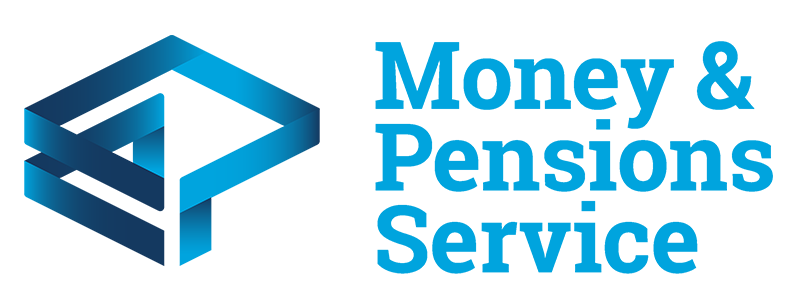Sponsors have been urged to take a more proactive role in setting pension scheme strategies, after analysis revealed that a capacity crunch in the buyout market could see the defined benefit (DB) superfund market reach £5bn annual volume by 2023.
The report from Lane Clark and Peacock (LCP), entitled Leading the Way, stated that sponsors will need to work more closely with trustees in setting long-term scheme strategies due to a variety of factors, including the arrival of superfunds and the closer proximity of many schemes to buyout.
It explained that the majority of well-funded schemes are ‘eyeing’ an insurance buyout as their end goal, with over a quarter (28 per cent) of schemes surveyed stating that they were considering a buyout market approach by the end of 2022.
LCP argued that this increased demand will mean that sponsors that want to transact quickly and efficiently will need to ensure their scheme is prepared.
However, it warned that this may also mean demand could outstrip market capacity, which could in turn mean that many schemes will need to remain in the funding regime for “significantly longer” than anticipated or consider other solutions, such as superfunds.
Although the report also acknowledged that building confidence in superfunds will be “crucial” in generating momentum and portraying the structure as a “credible alternative” where the buyout ‘gold standard’ is unobtainable.
Considering this, the firm predicted that if the superfund industry reaches more than £1bn over the next twelve months, it would expect further "rapid expansion" to £5bn or more annual volume by 2023.
The firm also noted that increased use of asset-backed funding and contingent contribution agreements to protect schemes could be another factor that will see sponsors having to work more closely and proactively with trustees as they become a more standard aspects of funding agreements.
It revealed that around a third of sponsor companies already have contingent funding arrangements for their schemes, predicting that this will rise to 40 per cent or more for upcoming valuations.
The report stated that Covid-19 considerations, alongside new regulation, appeared to be “rapidly driving” the evolution of contingent contribution mechanisms.
It explained that 10-15 per cent of sponsors temporarily suspended deficit contributions in light of Covid-19, emphasising that as a result, “contingent contribution” mechanisms now look set to become a “key part” of future funding agreements for many schemes.
Commenting on the findings, LCP partner and report author, Steven Taylor, said: “Sponsors can no longer take a back seat when it comes to pensions.
“A combination of new funding rules, economic turmoil and new legislation creating criminal sanctions for ‘getting pensions wrong’ means companies are going to have to be much more proactive when it comes to pensions.
“Sponsors now need to consider an increasing range of options for reaching their desired endgame and to be more active in planning for that destination.
“Without increased capacity in the de-risking market, sponsors will need to consider alternative options such as agreeing efficient contingent funding arrangements."
He added: “Weaker sponsors may also wish to explore the new superfund route, which has significant growth potential.
“It is crucial that at a time of economic and regulatory change trustees and sponsors are working hand in hand.”
Latest News
-
Industry supportive of TPR’s CDC code but calls for clarity on marketing and investment
-
FCA urged to extend transfer reforms across whole DC market
-
Avon Cosmetics Pension Plan completes £235m BPA deal with M&G
-
Industry remains divided on DC VFM framework proposals
-
Employers risk falling into ‘pension pitfalls’ amid growing complexity
-
Pensions UK appoints Phil Brown as head of DC and master trusts
THE ROLE OF INSURANCE-LINKED SECURITIES (ILS) IN PENSIONS TODAY
Francesca Fabrizi discusses the role insurance-linked securities can play in both DB & DC schemes with Leadenhall Capital Partners senior managing director, Alistair Jones
Private markets – a growing presence within UK DC
Laura Blows discusses the role of private market investment within DC schemes with Aviva Director of Investments, Maiyuresh Rajah
Podcast: From pension pot to flexible income for life

Podcast: Who matters most in pensions?

In the latest Pensions Age podcast, Francesca Fabrizi speaks to Capita Pension Solutions global practice leader & chief revenue officer, Stuart Heatley, about who matters most in pensions and how to best meet their needs
© 2019 Perspective Publishing Privacy & Cookies










Recent Stories